فسبری فلاپ

Fosbury Flop
American athlete Dick Fosbury devised the high jump technique known as the “Fosbury Flop.” His new technique revolutionized one of the oldest events in track and field competition. While Fosbury never broke the world record using his new technique, other high jumpers were inspired by his gold medal at the 1968 Summer Olympic Games in Mexico City, where he introduced his new jumping technique.
Fosbury was born in 1946 in Oregon and went to Oregon State University. He won the gold medal in the Olympic Games at the very young age of 21. It was assumed that his odd-looking new method for clearing the bar was based on a careful study of the physics and biomechanics of high jump technique. However, Fosbury claimed it was the product of pure intuition.
Prior to Fosbury’s invention, most high jumpers used a “straddle” technique. In this older style of jumping, the front leg led the jumper up and over the bar in a face down position. Fosbury’s technique involves approaching the bar in a curve with a last second acceleration. Then, at the point of take-off, the body rotates, positioning the back to the bar and leaping backwards. The head faces the sky as the body arches over the bar with the mid-body and legs trailing behind.
Fosbury had begun experimenting with the technique when he was only sixteen years old. In a meet in 1968 in which Fosbury used his new technique, a local newspaper’s headline read, “Fosbury flops over the bar.” Thus, the name of the newly invented technique was born.
Since Fosbury’s competitive days, his technique has been widely copied. Once experienced jumpers mastered the technique, records started to fall in the sport, due mostly to the Fosbury Flop, but also to better equipment and running surfaces. Dick Fosbury will always be known for his revolutionizing of the sport of high jump.
devise
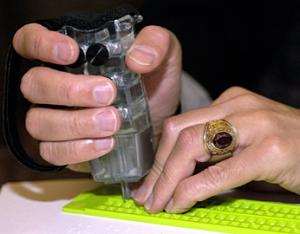
to plan or invent a new way of doing something
She devised a method for quicker communications between offices.
to devise a remedy
to devise a new engine
he devised a new instrument for measuring temperature
They devised a plan for getting the jewels out of the country.
—
revolutionize
to cause a complete change in; cause a REVOLUTION (2) in:
The discovery of the new drug has revolutionized the treatment of many diseases.
New technology is going to revolutionize everything we do.
His work revolutionized the treatment of this disease.
computers have revolutionized production.
inspire
clear

▶GO OVER/PAST◀
[transitive] to go over a fence, wall etc without touching it, or to go past or through something and no longer be in it
The plane barely cleared the fence at the end of the runway. Edwards cleared 18 feet in the pole vault. The plane cleared Chinese airspace.
bar
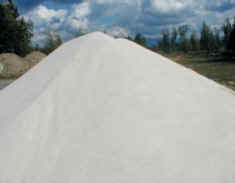
▶PILE OF SAND/STONES◀
intuition
the ability to understand or know something because of a feeling rather than by considering the facts
ᅳsynonym instinct
feminine intuitionIntuition told her it was unwise to argue.
I knew by intuition that it was time to act.
My intuition told me he wasn’t to be trusted.
“How did you know that, Jane?” “Woman’s intuition!”
Prior:
prior to something
formal before
All the arrangements should be completed prior to your departure.
straddle
approach

▶MOVE TOWARDS◀
to move towards or nearer to someone or something
As I approached the house, I noticed a light on upstairs.
She heard footsteps approaching.
acceleration
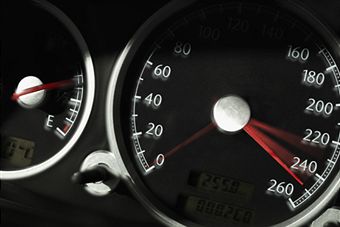
technical the rate at which the speed of an object increases
rotate
to turn with a circular movement around a central point, or to make something do this
ᅳsynonym revolve
ᅳsee also spin
The Earth rotates on its axis once every 24 hours.Rotate the pan halfway through the baking time.
____________
leap
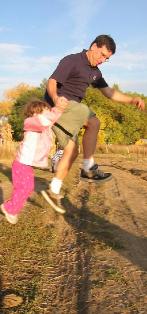
▶JUMP◀
to jump high into the air or to jump in order to land in a different place
She leapt over the fence. The smaller animals can easily leap from tree to tree.
_____________
arch
to form or make something form a curved shape
Two rows of trees arched over the driveway. The dog arched its back .
_____________
mid-body
drag
to drag or allow to drag behind, esp. without making any effort: He sat on the side of the boat and trailed his feet in the water.
experiment
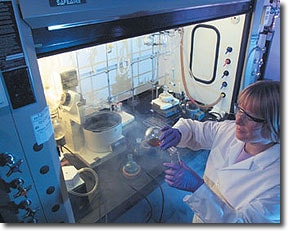
1
to try using various ideas, methods etc to find out how good or effective they are
experiment with/on/in
He experimented with lighter-than-air flight.
The teacher provided some different materials and left the children to experiment.
2
to do a scientific test to find out if a particular idea is true or to obtain more information
experiment with/on
I would defend the right of scientists to experiment on animals.
—
flop